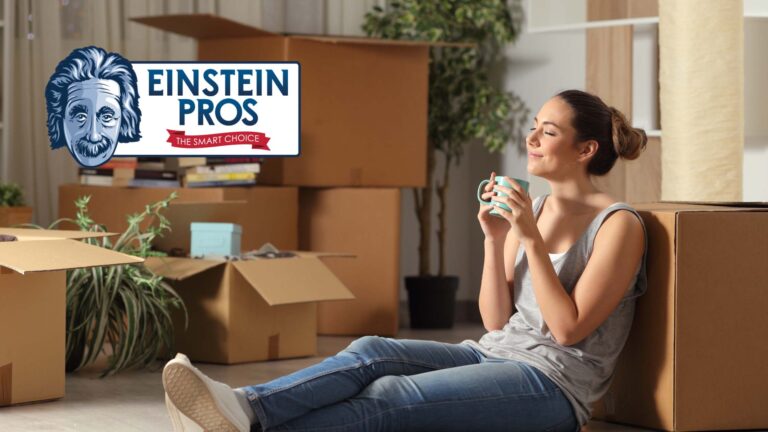HVAC system
Indoor air quality is a critical aspect of overall health and wellbeing. With people spending more time indoors than ever before, it’s important to understand the impact that HVAC systems can have on indoor air quality. In this blog post, we’ll explore the ways in which HVAC systems can affect indoor air quality and provide tips for improving air quality in your home or business.
Air Filters
One of the primary ways that HVAC systems impact indoor air quality is through the use of air filters. These filters are designed to trap dust, dirt, and other airborne particles, preventing them from circulating in the air. Over time, however, these filters can become clogged, reducing their effectiveness. It’s important to change air filters regularly to ensure that they are working properly.
Humidity Control
HVAC systems also play a significant role in controlling humidity levels indoors. High humidity levels can promote the growth of mold and mildew, while low humidity levels can lead to dry skin, respiratory issues, and other health problems. HVAC systems can help to maintain optimal humidity levels, which is essential for good indoor air quality.
Ventilation
Proper ventilation is another critical aspect of indoor air quality. HVAC systems can help to circulate air throughout a building, which can help to prevent the buildup of pollutants and other harmful substances. It’s important to make sure that your HVAC system is properly sized and installed to ensure adequate ventilation.
Carbon Monoxide and Other Gases
HVAC systems can also produce harmful gases, such as carbon monoxide, if they are not properly maintained. Carbon monoxide is odorless and colorless, making it difficult to detect without a carbon monoxide detector. It’s important to have your HVAC system inspected regularly to ensure that it is not producing harmful gases.
VOCs
Volatile organic compounds (VOCs) are chemicals that can be released into the air from a variety of sources, including cleaning products, furniture, and building materials. HVAC systems can help to filter out these harmful chemicals, but it’s important to minimize their use in the first place to ensure good indoor air quality.
Tips for Improving Indoor Air Quality
Change Air Filters Regularly
As mentioned earlier, air filters are an essential component of HVAC systems. It’s important to change air filters regularly to ensure that they are working properly. This can help to reduce the amount of dust, dirt, and other pollutants in the air, which can improve indoor air quality.
Maintain Humidity Levels
Maintaining proper humidity levels is essential for good indoor air quality. A humidity level between 30% and 50% is ideal. This can help to prevent the growth of mold and mildew, while also reducing the risk of respiratory issues and other health problems.
Use a HEPA Filter
A HEPA filter is a type of air filter that is designed to trap a wide range of particles, including dust, pollen, and pet dander. Using a HEPA filter in your HVAC system can help to improve indoor air quality significantly.
Install a Carbon Monoxide Detector
Carbon monoxide is a silent killer. Installing a carbon monoxide detector in your home or business is essential for detecting this harmful gas and preventing serious health problems.
Use Natural Cleaning Products
Many cleaning products contain VOCs, which can be harmful to indoor air quality. Switching to natural cleaning products can help to reduce the amount of harmful chemicals in the air, improving indoor air quality.
In conclusion, HVAC systems have a significant impact on indoor air quality. The quality of the air we breathe is critical to our health and well-being, and HVAC systems play a crucial role in maintaining this air quality. While HVAC systems can contribute to indoor air pollution, they can also mitigate it when properly maintained and used.
Regular maintenance, air filter changes, and humidity control are essential to ensuring that HVAC systems are working effectively to filter out pollutants and other harmful substances from the air. Ventilation is also critical for good indoor air quality, and HVAC systems can play a significant role in this area.
It’s important to note that HVAC systems can also produce harmful gases if they are not correctly maintained, such as carbon monoxide. Proper maintenance and regular inspections can help to ensure that HVAC systems are not producing harmful gases.
Lastly, individuals can take steps to improve indoor air quality beyond proper maintenance of HVAC systems. Using natural cleaning products and minimizing the use of volatile organic compounds (VOCs) can also help to improve indoor air quality.
In conclusion, it’s crucial to understand the impact of HVAC systems on indoor air quality and take the necessary steps to maintain and use them correctly. By doing so, individuals can ensure that they are breathing clean and healthy air, promoting overall health and well-being.
